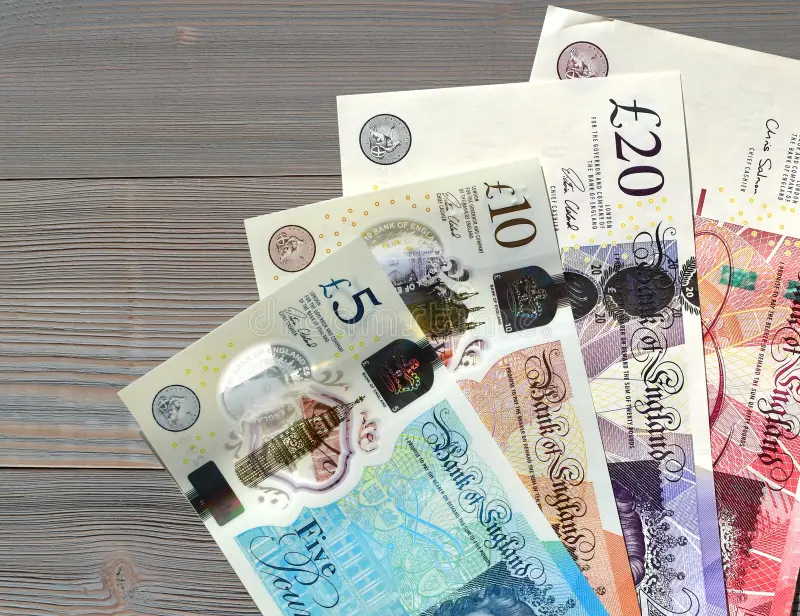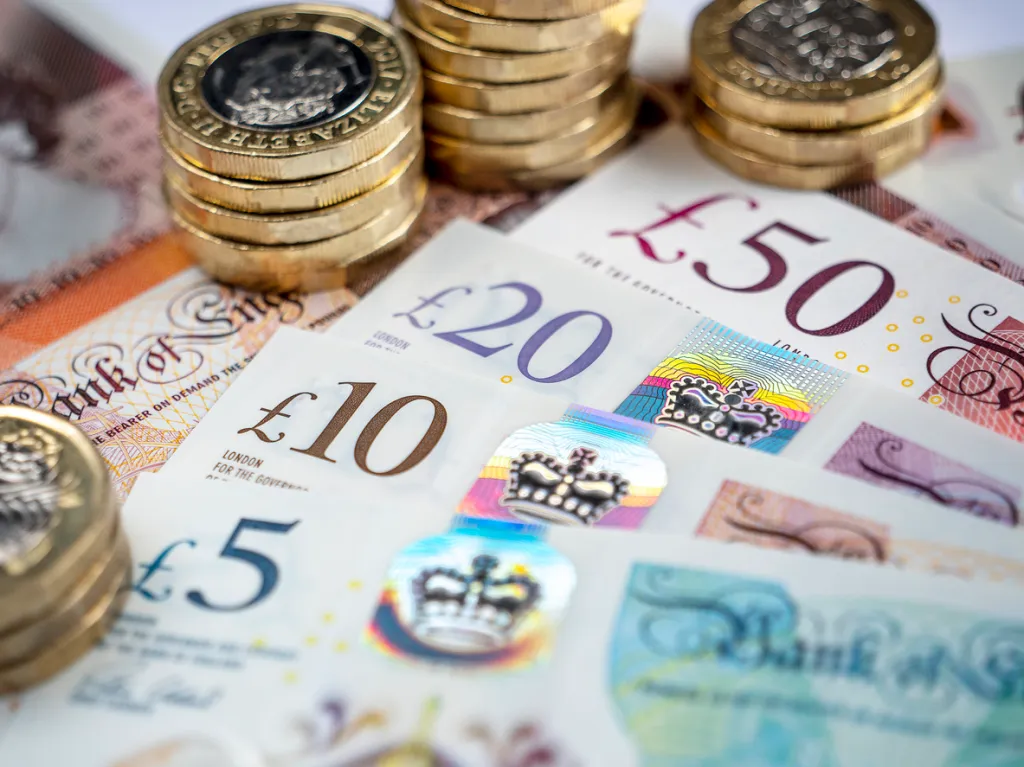
With so many areas in the world, including the UK, the art of financial management sometimes seems like an uphill struggle. In times of increased living costs, inflation, and an ever-growing number of financial burdens, one is often at wits’ end trying to make ends meet. Yet, with some planning and a few strategic changes, it’s possible to save money on everyday expenses without sacrificing lifestyle. This article shows how one can actually save money in real terms on groceries, utility bills, transportation, and other related entertainment expenses in the UK.
1. Reducing Grocery Bills
One of the major expenses for most people each month is groceries. However, there are a few ways you can save on your grocery bill without having to compromise on quality or quantity.
Shop Smart
The easiest way to cut down on food expenses is by meal planning and efficient shopping. Here’s how:
Make a Shopping List
Before you go to the store, allow yourself time to meal plan for the week and write down what you need. Stick to the list and try not to impulse buy.
Shop in Discount Supermarkets
Places like Aldi, Lidl, and Iceland tend to be much cheaper than their big-name counterparts like Tesco or Sainsbury’s. Yet, products are high-quality and a fraction of the price.
Use Coupons and Loyalty Cards
Most supermarkets have some sort of loyalty scheme that offers a discount. For example, Tesco Clubcard or Sainsbury’s Nectar points will save you money on future purchases.
Buy in Bulk

Goods such as rice, pasta, and tinned foods are non-perishable. Therefore, they should be bought in bulk because the cost per unit is always reduced at a bulk purchase.
Choose Own-Brand Products
Own-brand supermarket products are always so much cheaper than branded items, with not very different quality. Saving on milk, bread, and cereals just by buying own-brand products could add up to a lot of money over time.
Reduce Food Waste
Food waste is one of the largest areas of unnecessary expenditure. Research has shown that the average household in the UK wastes approximately £700 worth of food annually. To reduce food waste:
Use Leftovers
Be creative with leftovers by making them into new meals. For instance, roast chicken can be used in sandwiches or salads the next day.
Freeze Excess
If you have cooked too much, freeze it for another time.
Check Expiration Dates
Allow expiration dates on products in your fridge and cupboards to be checked regularly to make sure you use them before they go bad.
2. Utility Bill Savings

Utility bills for gas, electricity, and water can be very expensive and a huge chunk of one’s monthly expenditures. Fortunately, there are simple ways you can reduce consumption and save some money.
Switch Energy Suppliers
The UK energy market is very competitive, and switching energy suppliers could save you hundreds of pounds on your gas and electricity bills every year. Websites like Compare the Market, uSwitch, and MoneySuperMarket have made it a piece of cake to compare prices and find the best deals.
Use Energy-Efficient Appliances
If your household appliances are old and inefficient, they could be consuming more energy than they should. Replacing them with energy-efficient appliances or changing incandescent light bulbs with LED lights would greatly reduce the amount of energy consumed.
Unplug Devices
Most devices, even after being switched off, still consume energy. This is so easily done by using a power strip to plug in a bunch of things and unplug it all at once.
Optimize Heating
If you live in a cold climate, during winter, use a programmable thermostat so that your heating system doesn’t go to work when it’s not required. Wear warm clothes instead of jacking up the heat and save on that gas bill.
Reduce Water Use
You can also save on water bills by being conscious of your consumption:
Fix Leaks
An oozing faucet or running toilet can waste many gallons. Soon, make such repairs to avoid unnecessary costs.
Install Water-Efficient Devices
Low-flow showerheads and dual-flush toilets can reduce water consumption, saving both water and money on your water bill.
Take Shorter Showers
It may seem like a small change, but reducing your shower time by even a few minutes can noticeably affect your water and heating bills.
3. Reduced Transportation Costs
Whether you drive or ride, the expense of transportation seems to be part of everyday living. Regardless of how you get there, there are some ways to trim some of those expenses.
Use Public Transport
If you’re not using public transportation already, consider switching. It’s usually cheaper and more environmentally friendly than driving.
Get an Oyster Card
If you live in London or visit quite often, then an Oyster card is much cheaper than buying single or day tickets.
Travel Card or Season Ticket
If you travel by public transport, buying a travel card or season ticket will save you money in the long run.
Carpool or Share Rides
This could also include carpooling or using services like Uber or Lyft when there are others in your general area with the same or similar routes. It cuts down on driving costs: money you pay for petrol, parking, and even wear and tear on your vehicle.
Use a Bike
Cycling is an effective way of managing transport costs and keeping fit. When possible, a bicycle can be used for short trips rather than using higher modes of transportation or public transportation.
Cycle to Work Scheme
If you are full-time, then your employer might offer a cycle-to-work scheme that allows you to buy a bike tax-free and pay in installments to save money upfront.
Maintain Your Car
If you have to drive, regular maintenance will at least help your car run efficiently and avoid expensive repairs later on.
Check Tyre Pressure
Keeping your tyres inflated to the right pressure improves fuel efficiency, saving you money on petrol.
Drive Efficiently
Avoid aggressive driving, which means rapid acceleration, speeding, or hard braking. It wastes fuel. Smooth, steady driving will make your petrol last longer.
4. Entertainment and Leisure Savings
Entertainment and leisure activities are an important part of life, but they don’t have to be expensive. Here are some ways to have fun while keeping costs low.
Avail Yourself of Free Events
Most of the UK cities run free events like festivals, outdoor concerts, museums, and art galleries. Look for local event listings to find free things going on near you.
Visits to Museums and Galleries
Most of the museums and galleries in the UK are free, such as the British Museum and the National Gallery, although donations are welcomed.
Local Parks and Beaches
Spending time in nature is free and can be incredibly relaxing. Look into your local parks, forests, and beaches for a day out that doesn’t have to cost anything.
Cut Back on Streaming Services
However, services like Netflix, Disney+, and Amazon Prime can start adding up rather quickly. Here are a few ideas to help shave off some costs:
Share Subscriptions
Most of the streaming services allow you to share your subscription with family or friends. Pooling together can reduce the cost for everyone involved.
Take a Subscription Inventory
Go through all your subscriptions—streaming, magazines, gym memberships, etc.—and cancel those you are not using regularly.
Use Discount Vouchers
If you do want to go to dinner or have an evening of fun, then search for discount coupons and offers. Websites like Groupon and VoucherCodes have a vast number of discounts related to activities, dining out, and even travel.
5. Cutting Miscellaneous Expenses

Besides the big three categories of groceries, utilities, and transportation, there are other smaller, yet important, areas where you can cut costs.
Shop Around for Insurance
Whether it be car insurance, home insurance, or health insurance, it is always important to shop around for the best deal. Use comparison websites to find cheaper options, and negotiate your premium with your current insurer.
Avoid Unnecessary Subscriptions
Many people subscribe to a number of things—from magazines to fitness apps—that they don’t get much use from. Take a close look at your monthly subscriptions and cancel the non-essential ones.
Reduce Impulse Purchases
Impulsive spending can very easily eat into your budget. To counter this:
Wait 24 Hours to Buy
Whenever you want to buy anything, stop yourself for 24 hours. Many times, your urge will subside, and you will find that you don’t actually need it.
Use a Budgeting App
Apps like Mint or Monzo can help you track your spending and keep you on top of your budget.
Conclusion
Saving on day-to-day expenses in the UK is very well achievable—just a little planning, awareness, and discipline are required. Be it reduction in grocery bills, reduction of energy consumption, or finding cheaper alternatives for entertainment, every little helps. Smarter and more proactive you are towards these changes, the lesser will be the financial stress and the improved your financial situation, thereby leading to more savings without a significant change in your lifestyle.
